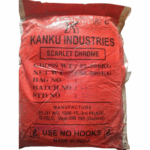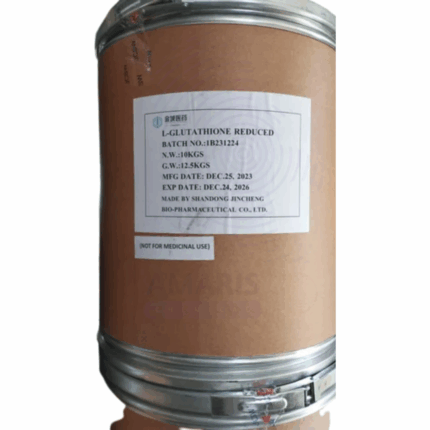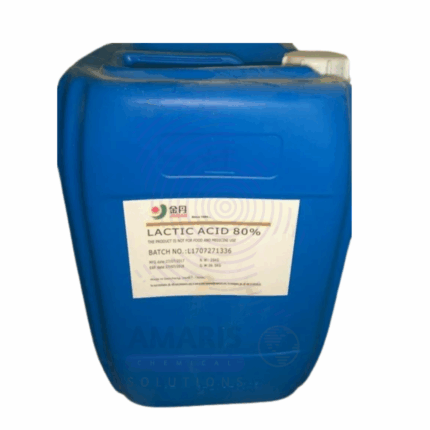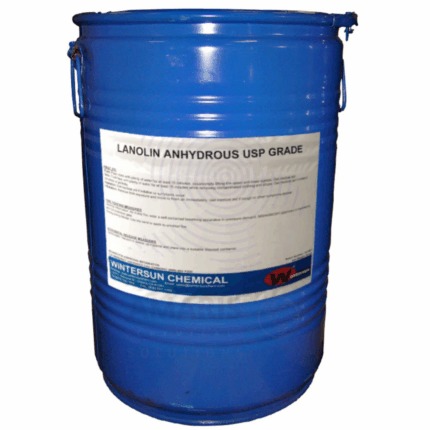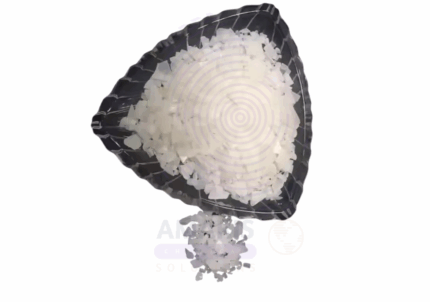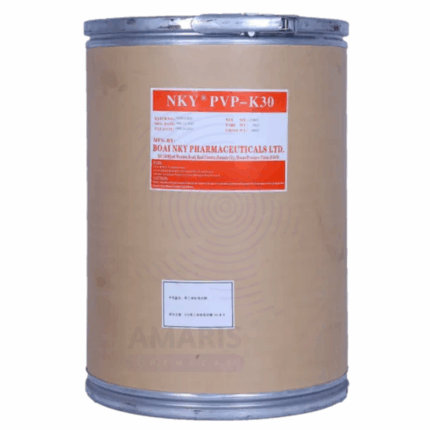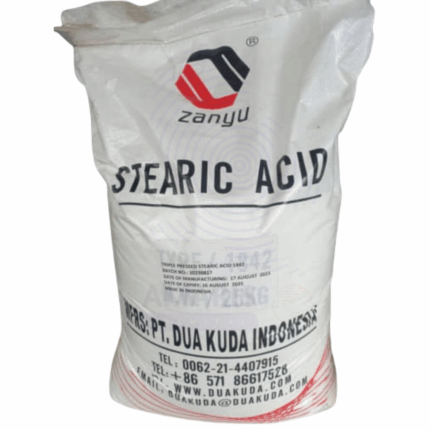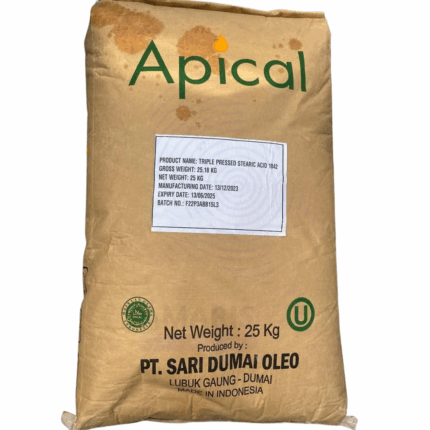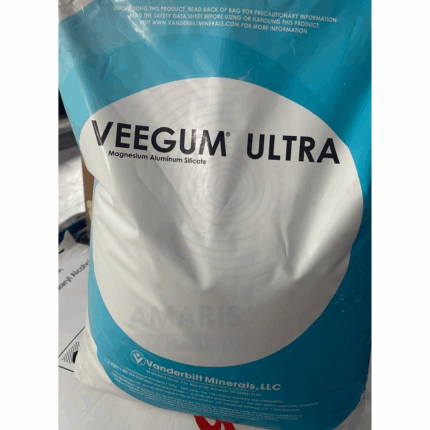Semi Refined Paraffin Wax
Whatsapp Order
Semi Refined Paraffin Wax is a purified hydrocarbon wax derived from petroleum refining. It is characterized by its semi-refined nature, meaning it retains some impurities compared to fully refined waxes, but still meets industrial quality standards. This wax is solid at room temperature with a moderate melting point and is widely used in various industries due to its excellent moisture barrier properties, plasticity, and chemical inertness. It serves as a key raw material in candles, packaging, cosmetics, and coating formulations.
Description
Table of Contents
Toggle
Semi Refined Paraffin Wax
Primary Uses
- Candle Manufacturing
- Used as a base wax for producing container, pillar, and molded candles offering good burning characteristics and surface finish.
- Packaging Industry
- Applied as a moisture barrier coating for paper, cardboard, and food packaging to enhance water resistance and durability.
- Cosmetics and Personal Care
- Incorporated in formulations of lip balms, creams, lotions, and ointments for texture and emollient properties.
- Rubber and Tire Industry
- Used as a processing aid and release agent in rubber compounding and tire manufacturing.
- Crayons and Art Supplies
- Employed as a binder and base material in crayon production and other wax-based art materials.
Secondary Uses
- Pharmaceuticals
- Used in ointment bases and controlled-release drug formulations for its film-forming and emollient qualities.
- Textile Industry
- Applied as a coating agent for threads and fabrics to improve texture and water resistance.
- Agriculture
- Used in seed coatings and as a carrier for pesticides and fertilizers to enhance application efficiency.
- Electrical Industry
- Used for insulating and sealing electrical components due to its dielectric properties.
KEY PRODUCT FEATURES
1. Basic Identification Attributes
- Chemical Name (IUPAC): Paraffin wax (hydrocarbon mixture)
- Common/Trade Name: Semi Refined Paraffin Wax
- CAS Number: 8002-74-2
- HS Code: 2712.90
- Synonyms: Semi purified paraffin wax
2. Physical & Chemical Properties
- Physical State: Solid wax
- Color & Odor: White to off-white; mild petroleum odor
- Melting Point: Typically 50–65°C (varies by grade)
- Solubility: Insoluble in water; soluble in hydrocarbons and oils
- Density: Approx. 0.88–0.92 g/cm³
3. Safety & Hazard Attributes
- GHS Classification: Generally considered non-hazardous but may cause skin irritation in sensitive individuals
- Toxicity: Low toxicity; avoid ingestion and prolonged skin contact
- Exposure Limits: Follow workplace safety guidelines for dust and fumes
4. Storage & Handling Attributes
- Storage Conditions: Store in a cool, dry, well-ventilated area away from sources of ignition and heat
- Container Type: Supplied in blocks, slabs, or pellets packed in sealed bags or drums
- Shelf Life: Stable for several years if stored properly
- Handling Precautions: Use gloves and protective clothing to avoid skin contact; avoid dust inhalation
5. Regulatory & Compliance Attributes
- Complies with industrial standards for paraffin wax products
- Meets regulations for use in cosmetics and packaging where applicable
- Manufactured under controlled conditions ensuring quality and safety
6. Environmental & Health Impact
- Biodegradability: Slowly biodegradable; inert in the environment
- Ecotoxicity: Low environmental toxicity; avoid release into waterways
- Bioaccumulation: Not significant
SAFETY HANDLING PRECAUTIONS
Safety Handling Precautions
- PPE Required: Gloves, safety glasses, and protective clothing recommended
- Handling Guidelines: Use in well-ventilated areas; avoid inhaling dust or fumes during melting
- Storage Measures: Keep containers tightly closed and stored in a dry environment
First Aid Measures
- Inhalation: Move to fresh air; seek medical attention if respiratory irritation occurs
- Skin Contact: Wash affected area with soap and water; seek medical advice if irritation develops
- Eye Contact: Rinse eyes with water for at least 15 minutes; seek medical attention if irritation persists
- Ingestion: Rinse mouth; seek medical advice if large amounts are ingested
Firefighting Measures
- Fire Hazards: Combustible; can release hazardous fumes when burned
- Extinguishing Media: Use foam, dry chemical, CO₂, or water spray
- Special Precautions: Wear protective equipment and self-contained breathing apparatus
- Hazardous Combustion Products: Carbon oxides, hydrocarbons
Related products
L-Glutathione Reduced
L-Glutathione Reduced is a tripeptide composed of glutamine, cysteine, and glycine, present in cells as a vital antioxidant. It appears as a white to off-white crystalline powder and plays a key role in protecting cells from oxidative stress by neutralizing free radicals and reactive oxygen species. Reduced glutathione (GSH) is the active form that participates in cellular detoxification, immune support, and regeneration of other antioxidants. It is widely used in pharmaceutical, cosmetic, and food industries due to its potent antioxidant properties and skin-brightening effects.
Lactic Acid
Lactic Acid is a colorless to pale yellow, viscous liquid with a mild acidic odor. It is an organic acid naturally produced by fermentation and widely used in industrial, pharmaceutical, cosmetic, and food applications. The 80% concentration provides a balance of potency and ease of handling, making it suitable for pH adjustment, preservation, and chemical synthesis. Lactic acid is biodegradable, non-toxic, and valued for its multifunctionality including antimicrobial properties and chelation abilities.
Lanolin Anhydrous
Lanolin Anhydrous is a purified, waxy substance derived from the sebaceous glands of sheep’s wool. It appears as a yellow to amber, semi-solid wax with a characteristic mild odor. Lanolin is highly valued for its excellent emollient, moisturizing, and protective properties, making it widely used in cosmetic, pharmaceutical, and personal care formulations. The anhydrous form is free from water, which enhances its stability and shelf life, and allows it to act as a natural barrier to lock moisture into the skin.
Polyethyl Glycol( PEG 6000)
Polyethyl Glycol( PEG 6000) is a high-molecular-weight polymer derived from ethylene oxide. It appears as a white, waxy solid or flake and is non-toxic, water-soluble, and chemically stable. PEG 6000 is widely used in pharmaceuticals, cosmetics, food processing, industrial formulations, and biotechnology, valued for its lubricating, solubilizing, binding, and moisturizing properties. It is odorless and tasteless, making it suitable for sensitive formulations.
PVP K 30 USP
PVP K 30 USP (Polyvinylpyrrolidone K-30) is a water-soluble polymer widely used in pharmaceutical and cosmetic formulations. It serves as a binder, stabilizer, and film-forming agent, known for its excellent adhesive properties and compatibility with a wide range of ingredients. PVP K 30 USP is characterized by its medium molecular weight, making it ideal for tablet binding, enhancing solubility of poorly soluble drugs, and providing viscosity control in liquid formulations. This grade complies with USP standards ensuring suitability for pharmaceutical use.
Simethicone Emulsion
Simethicone Emulsion is a medical-grade, anti-foaming agent composed of polydimethylsiloxane and silicon dioxide in an emulsified form. Designed to reduce gas bubbles in the gastrointestinal tract, it provides rapid relief from bloating and discomfort. The emulsion formulation enhances bioavailability and mixing with bodily fluids.
Stearic Acid
Stearic Acid is a saturated long-chain fatty acid, appearing as a white, waxy solid with a mild, characteristic odor. It is a naturally occurring substance found in animal and vegetable fats and oils. As one of the most common fatty acids, it is a fundamental building block in the manufacture of a vast array of consumer and industrial products. Its key functions include use as a lubricant, softener, thickener, and emulsifier, making it an indispensable ingredient in industries ranging from plastics and rubber to cosmetics and food.
Veegum
Veegum is a purified magnesium aluminum silicate clay known for its excellent suspending, thickening, and stabilizing properties. It is widely used in pharmaceuticals, cosmetics, and industrial applications as a rheology modifier, suspension stabilizer, and emulsifier. Veegum enhances the texture, consistency, and stability of formulations, providing improved performance in both liquid and semi-solid systems.


 Preservatives(food)
Preservatives(food) Flavor Enhancers
Flavor Enhancers Acidulants
Acidulants Sweeteners
Sweeteners Antioxidants
Antioxidants Colorants(food)
Colorants(food) Nutraceutical Ingredients (food)
Nutraceutical Ingredients (food) Nutrient Supplements
Nutrient Supplements Emulsifiers
Emulsifiers
 Collectors
Collectors Dust Suppressants
Dust Suppressants Explosives and Blasting Agents
Explosives and Blasting Agents Flocculants and Coagulants
Flocculants and Coagulants Frothers
Frothers Leaching Agents
Leaching Agents pH Modifiers
pH Modifiers Precious Metal Extraction Agents
Precious Metal Extraction Agents
 Antioxidants(plastic)
Antioxidants(plastic) Colorants (Pigments, Dyes)
Colorants (Pigments, Dyes) Fillers and Reinforcements
Fillers and Reinforcements Flame Retardants
Flame Retardants Monomers
Monomers Plasticizers
Plasticizers Polymerization Initiators
Polymerization Initiators Stabilizers (UV, Heat)
Stabilizers (UV, Heat)
 Antifoaming Agents
Antifoaming Agents Chelating Agents
Chelating Agents Coagulants and Flocculants
Coagulants and Flocculants Corrosion Inhibitors
Corrosion Inhibitors Disinfectants and Biocides
Disinfectants and Biocides Oxidizing Agents
Oxidizing Agents pH Adjusters
pH Adjusters Scale Inhibitors( water)
Scale Inhibitors( water)
 Antioxidants(cosmetic)
Antioxidants(cosmetic) Emollients
Emollients Fragrances and Essential Oils
Fragrances and Essential Oils Humectants
Humectants Preservatives
Preservatives Surfactants(cosmetic)
Surfactants(cosmetic) Thickeners
Thickeners UV Filters
UV Filters
 Fertilizers
Fertilizers Soil Conditioners
Soil Conditioners Plant Growth Regulators
Plant Growth Regulators Animal Feed Additives
Animal Feed Additives Biostimulants
Biostimulants Pesticides (Herbicides, Insecticides, Fungicides)
Pesticides (Herbicides, Insecticides, Fungicides)
 Active Pharmaceutical Ingredients (APIs)
Active Pharmaceutical Ingredients (APIs) Excipients
Excipients Solvents(pharmaceutical)
Solvents(pharmaceutical) Antibiotics
Antibiotics Antiseptics and Disinfectants
Antiseptics and Disinfectants Vaccine Adjuvants
Vaccine Adjuvants Nutraceutical Ingredients (pharmaceutical)
Nutraceutical Ingredients (pharmaceutical) Analgesics & Antipyretics
Analgesics & Antipyretics
 Analytical Reagents
Analytical Reagents Solvents(lab)
Solvents(lab) Chromatography Chemicals
Chromatography Chemicals Spectroscopy Reagents
Spectroscopy Reagents microbiology-and-cell-culture-reagents
microbiology-and-cell-culture-reagents Molecular Biology Reagents
Molecular Biology Reagents Biochemical Reagents
Biochemical Reagents Inorganic and Organic Standards
Inorganic and Organic Standards Laboratory Safety Chemicals
Laboratory Safety Chemicals Specialty Laboratory Chemicals(Special Laboratory Equipment)
Specialty Laboratory Chemicals(Special Laboratory Equipment)
 Demulsifiers
Demulsifiers Hydraulic Fracturing Fluids
Hydraulic Fracturing Fluids Scale Inhibitors(oil)
Scale Inhibitors(oil) Surfactants(oil)
Surfactants(oil) Drilling Fluids
Drilling Fluids
 Dyes and Pigments
Dyes and Pigments Bleaching Agents
Bleaching Agents Softening Agents
Softening Agents Finishing Agents
Finishing Agents Antistatic Agents
Antistatic Agents
 Admixtures
Admixtures Waterproofing Agents
Waterproofing Agents Sealants and Adhesives
Sealants and Adhesives Curing Compounds
Curing Compounds Concrete Repair Chemicals
Concrete Repair Chemicals Anti-Corrosion Coatings
Anti-Corrosion Coatings
 Surfactants(cleaning)
Surfactants(cleaning) Builders
Builders Enzymes
Enzymes Solvents (Cleaning)
Solvents (Cleaning) Fragrances
Fragrances
 Electronic Chemicals
Electronic Chemicals Catalysts
Catalysts Lubricants
Lubricants Photographic Chemicals
Photographic Chemicals Refrigerants
Refrigerants Automotive chemicals
Automotive chemicals Pyrotechnic Chemicals
Pyrotechnic Chemicals
 Biodegradable Surfactants
Biodegradable Surfactants Bio-based Solvents
Bio-based Solvents Renewable Polymers
Renewable Polymers Carbon Capture Chemicals
Carbon Capture Chemicals Wastewater Treatment Chemicals
Wastewater Treatment Chemicals
 Pigments
Pigments Solvents(paint)
Solvents(paint) Specialty Coatings
Specialty Coatings Binders/Resins
Binders/Resins Additives
Additives Driers
Driers Anti-Corrosion Agents
Anti-Corrosion Agents Functional Coatings
Functional Coatings Application-Specific Coatings
Application-Specific Coatings
 Leavening Agents
Leavening Agents Dough Conditioners
Dough Conditioners Flour Treatments
Flour Treatments Fat Replacers
Fat Replacers Decoratives
Decoratives Preservatives(baking)
Preservatives(baking)
 Plasticizers & Softeners
Plasticizers & Softeners Reinforcing Agents
Reinforcing Agents Adhesion Promoters
Adhesion Promoters Vulcanizing Agents
Vulcanizing Agents Antidegradants
Antidegradants Blowing Agents
Blowing Agents Fillers & Extenders
Fillers & Extenders Accelerators & Retarders
Accelerators & Retarders
